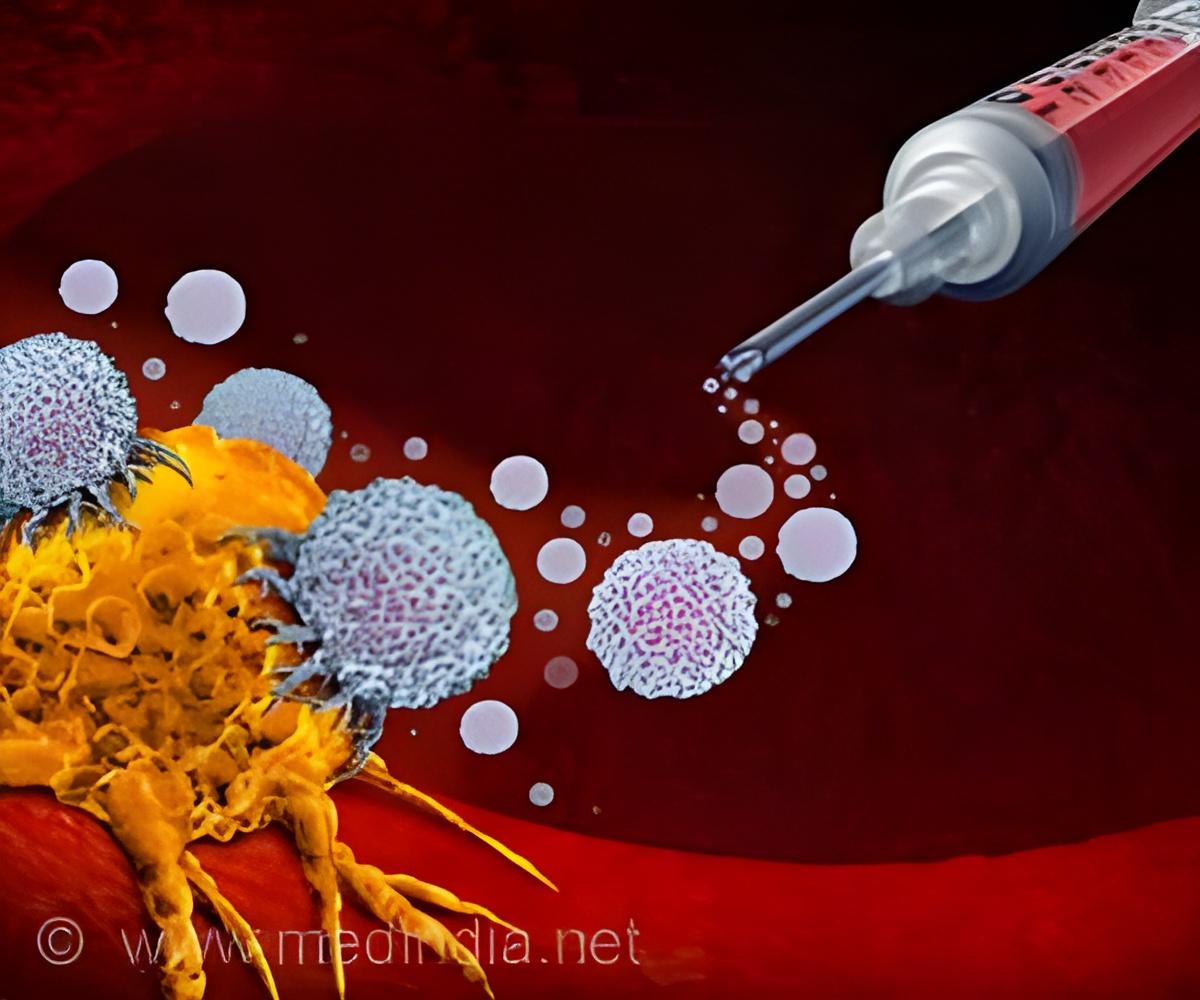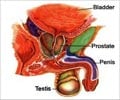Financial toxicity rates, risk factors, and coping strategies in patients with advanced prostate cancer.

Advanced Prostate Cancer: AUA/SUO Guideline
Go to source). Advanced prostate cancer refers to the stage of the disease where cancer cells have spread beyond the prostate gland to other parts of the body. It is typically associated with a higher risk of complications and requires more aggressive treatment approaches.
TOP INSIGHT
Patients with advanced prostate cancer often face significant financial difficulties during their treatment. #prostatecancer
"Our most significant finding may be that patients experience financial toxicity despite their ability to remain compliant with treatment," says lead author Daniel D. Joyce, MD. "Simply asking patients whether they are following their suggested treatments is not sufficient to screen for financial toxicity."
Financial Toxicity Rates, Risk Factors, and Coping Strategies
The researchers administered a validated questionnaire concerning financial toxicity to all patients seen at their advanced prostate cancer clinic over a three-month period. Financial toxicity – which has been defined as "the harm to patients that results from treatment costs" – has become recognized as an important patient-centered outcome. Previous reports suggest that up to half of cancer survivors are affected by financial toxicity, which has been linked to increased rates of adverse treatment outcomes.Drs. Joyce and Boorjian and colleagues assessed the rate of financial toxicity and the related patient characteristics and coping strategies among patients being treated for metastatic prostate cancer. The analysis included responses from 281 patients with, a median age of 69 years.
Based on the study questionnaire, 79 patients were classified as having high financial toxicity. Overall, 54% of patients said they experienced at least some level of financial hardship related to their cancer treatment. The impact was "more profound" among patients with high financial toxicity, with 89% percent reporting financial problems.
Patients may make 'Profound Personal Sacrifices' to Remain Compliant with Prostate Cancer Treatments
Several patient characteristics were associated with higher or lower risks of financial toxicity. Older patients had lower financial toxicity, as each additional year of age was associated with a 25% reduction in risk. For patients who were married (or had a non-married partner), financial toxicity risk was nearly four times lower than for those who were unmarried, widowed, or divorced. Not surprisingly, income was a significant factor: the risk of financial toxicity was nine times lower for patients with annual incomes of $100,000, compared to incomes under $20,000.Patients experiencing high financial toxicity coped in varied ways. They were more likely to decrease spending on basic goods and leisure activities, use their savings to pay for medical care, delay filling prescriptions, and borrow money to pay for their care. "Notably, very few patients reported only partially filling medications or stopping medications altogether due to cost," the researchers write.
Dr. Joyce comments: "Some patients may be making profound personal sacrifices in order remain adherent with their prostate cancer treatment, which may have a significant impact on the quality of life that we hope to prolong with these treatments. Conversations about these issues are even more crucial given the observed improvement in financial toxicity among patients in our study who were able to access financial assistance programs."
They conclude: "Such data are crucial to understanding how to include financial toxicity in shared decision-making and to guide future interventions designed to reduce financial toxicity in this population."
Reference:
- Advanced Prostate Cancer: AUA/SUO Guideline - (https://www.auanet.org/guidelines-and-quality/guidelines/advanced-prostate-cancer)
Source-Eurekalert
 MEDINDIA
MEDINDIA




 Email
Email





![Prostate Specific Antigen [PSA] Prostate Specific Antigen [PSA]](https://www.medindia.net/images/common/patientinfo/120_100/prostate-specific-antigen.jpg)




